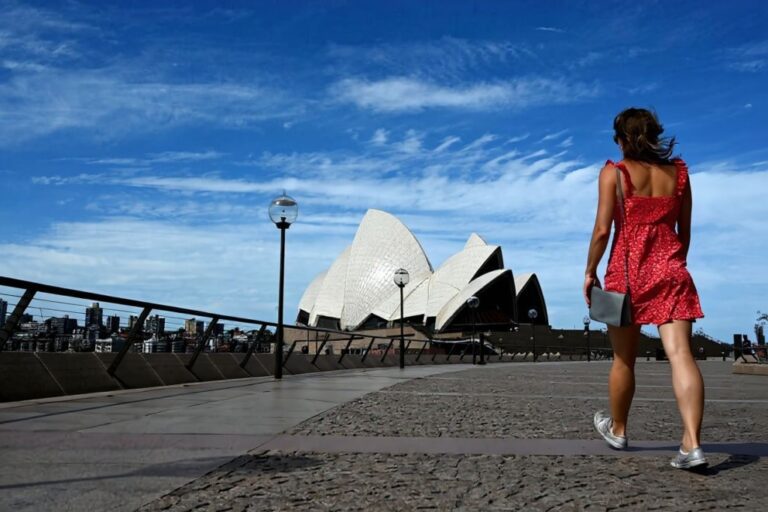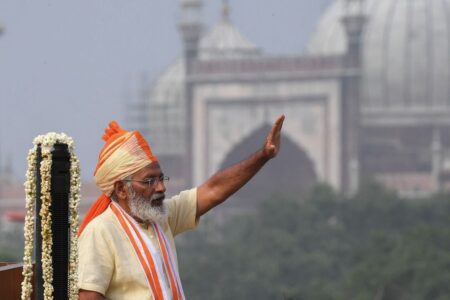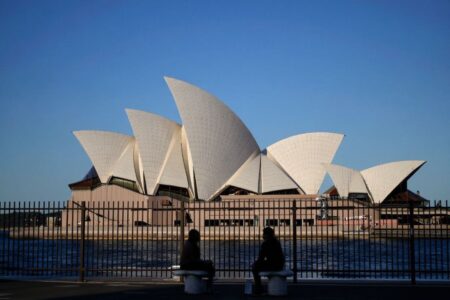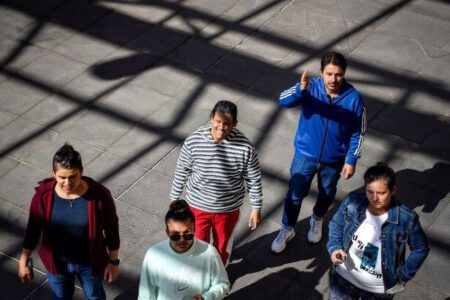
Australia’s federal government has temporarily slashed the number of international arrivals allowed into the country. This potentially puts international students’ return to Australia into further limbo. Australia’s body for international education, however, is lobbying for students’ return, especially those who are nearing completion of their degree.
Australia Prime Minister Scott Morrison recently announced that caps on international arrivals in New South Wales, Western Australia and Queensland will be reduced by 50% until February 15 after the UK’s new mutant strain of COVID-19 was detected in a Brisbane quarantine hotel cleaner, reported The Sydney Morning Herald. He also said that the country will introduce new rules around air travel.
“What we do know is that this new strain is some 70% more transmissible than the previous strains of the virus. This strain is likely to become, in the very near future, the dominant strain [as it largely already is] in the UK,” he said. International arrivals now have a weekly cap of 1,505 in NSW; 512 in Western Australia; and 500 in Queensland. There are no changes in Victoria, which is already operating at less than half of its capacity, while South Australia is keeping its intake of 490 people each week. The ACT, Northern Territory and Tasmania only have “bespoke arrangements” for arrivals, said Morrison. Arrival caps would automatically return to their previous levels on February 15. So, what does this mean for international students?
Further delays in international students’ return to Australia?
International students are still waiting with bated breath over the reopening of Australia’s borders. https://t.co/gJyMrJPfWu#LetUsBacktoAus
— Study International (@Study_INTNL) January 13, 2021
The cap on international arrivals to Australia has sparked concern for those in the international education sector. Speaking to The PIE News, International Education Association of Australia (IEAA) CEO Phil Honeywood said the announcement will test students’ loyalty to Australia. “They’ve been very patient and in some ways treating it like a gap year and others have persisted with being taught offshore, online, but at the end of the day, if you’re paying significant tuition fees, you want that face-to-face to lecture and tutorial development, which is very difficult to get in the same manner in an online world,” he was quoted saying.
IEAA will continue lobbying the federal government and write to Morrison over students’ return to Australia. “We will bring together all peak bodies to co-sign, calling for special consideration for some of these students who are two-thirds [of the] way through a degree programme because they fully deserve support.” They will also seek clarity for the thousands of other students in limbo. “We’ll be calling for an indicative date for when we can restart the industry,” he was quoted saying.
To date, the federal government has granted exceptions to travel restrictions for other sectors. This includes the 1,200 tennis players and their entourages who are being allowed into Victoria to play in the Australian Open, hundreds of foreign military personnel from different Asian countries to undertake training with the Australian Defence College and fruit pickers from the Pacific Islands, said Honeywood. This sends a strong message to international students, particularly those who have invested years in studying in Australia and now are locked out with no other way of achieving their qualifications.
Honeywood predicts that international students will not return to Australia until mid-2021, in line with Australia’s COVID-19 vaccination programme which is scheduled to commence in late February. “I think our social licence to operate as an industry will be subject to the majority of Australians having been immunised, so hopefully we can look to [the] second semester for a good number of students to return.”










